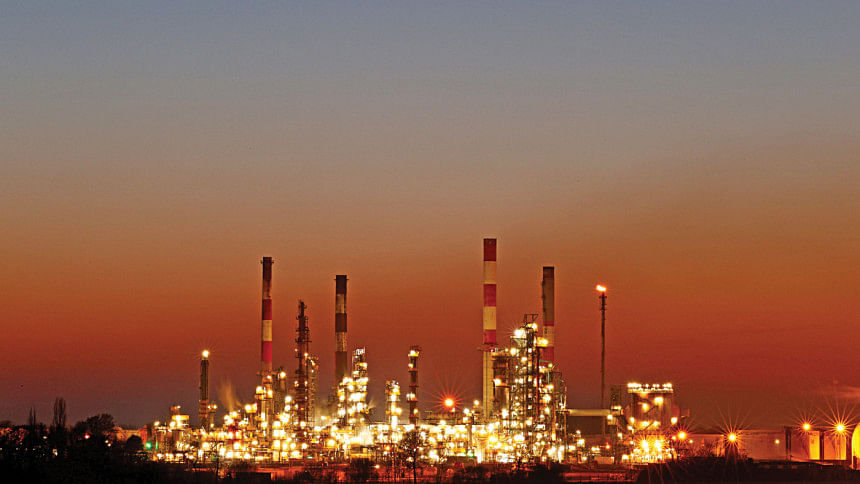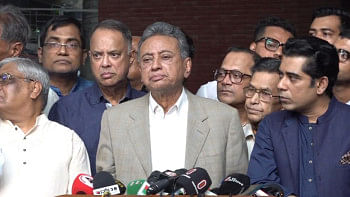Biden’s Earth Day Climate summit: Are ambitious carbon cuts even enough?

As day two of the climate summit hosted by United States President Joe Biden got under way, a question raised by special envoy John Kerry about carbon-reduction pledges by the nations gathered was still looming large.
"Is it enough?" the veteran US negotiator had asked rhetorically at a White House press conference on the summit's opening day on Thursday.
"No," Kerry himself answered matter-of-factly. "But it's the best we can do today and prove we can begin to move [forward]."
Kerry explained afterwards that 20 of the biggest countries at the summit represent 81 percent of global emissions, and that their commitments reflected "environmental justice, equity and fairness".
Kerry's comments were seen as a nod to climate activists — particularly the youth — who have called for an even more aggressive shift to stem the cataclysmic effects of global warming.
Though the US decision to slash emissions by 50 percent by 2030 — and double climate finance contributions by 2024 — may be politically feasible, there is some doubt about whether those and other newly proclaimed measures go far enough to meaningfully tackle the climate crisis.
"There is polite but obvious frustration by many who have contributed so little to the crisis but have to deal with so many of the consequences," said Kerry on Friday.
During the summit all major polluters, including China, India, Brazil, Japan, South Korea, committed to cut emissions significantly
Activists are skeptical about the pledges the countries have made and also doubt what steps these major emitters will take to help the poorer nations. Their bottom line is that the US and other nations are making big leaps, but the progress is not sufficient — particularly with financing for poor countries to deal with the causes and effects of climate change.
"It's nice to have an administration (in US) serious about addressing the problem," said Brandon Wu, Washington-based director of policy and campaigns at ActionAid USA. "But the bar is not the [former US President Donald] Trump administration. The bar is, what do we actually need to do to solve the climate crisis?"
Wu told Al Jazeera that his organisation, an equity and sustainability non-profit, is most concerned with the science of keeping the global temperature increase to 1.5 degrees Celsius.
A study published in March by Climate Action Tracker said that the US would need to slice emissions around 60 percent in this decade to be consistent with that pathway.
But Wu said that moral considerations — adjusting for wealth and inequality in determining who pays for saving the climate – are critical.
"If we do our 'fair share', then what Biden released [on Thursday] is inadequate," he added, referring to the 70-percent target that the US Climate Action Network estimated would be needed to fulfil US historical responsibility and leverage the nation's financial capacity.
A model by ActionAid USA suggested that the US public sector should contribute $800bn over the next decade as a "good-faith effort" for the massive amount of climate financing needed to cover least-developed states' mitigation and adaptation, in addition to loss and damage.
"We're finally in a place where people understand the scale of this challenge, and people are saying it's important to take the first step," said Wu. "And it's only a first step."

 For all latest news, follow The Daily Star's Google News channel.
For all latest news, follow The Daily Star's Google News channel. 



Comments